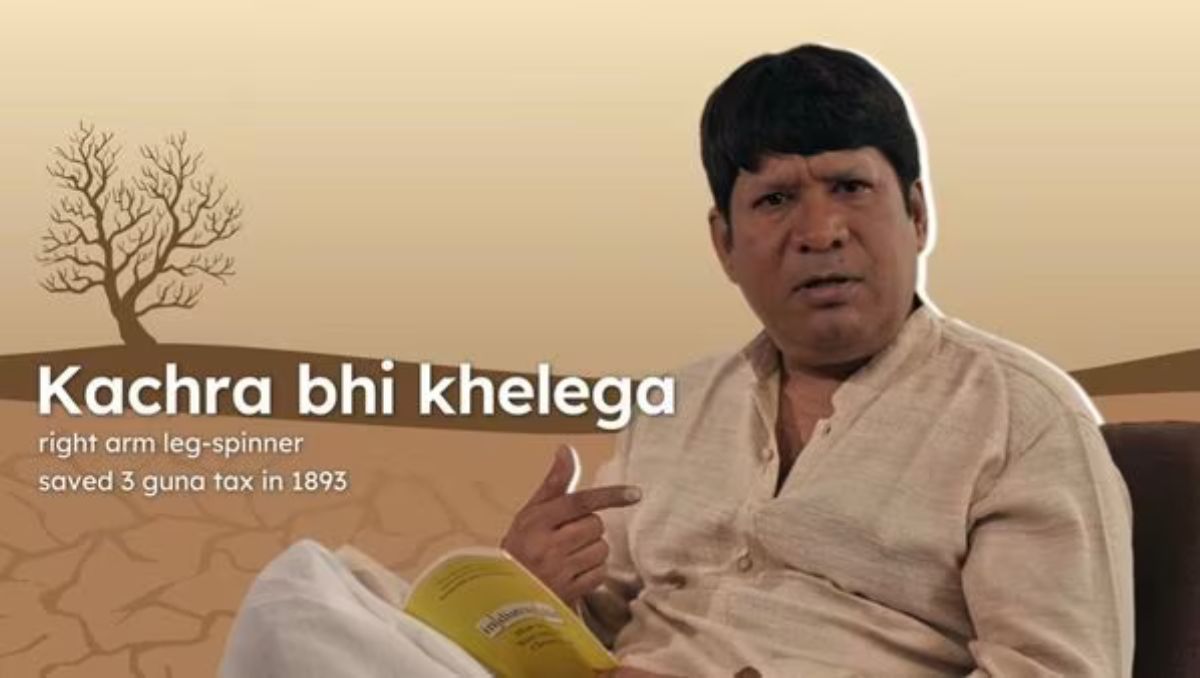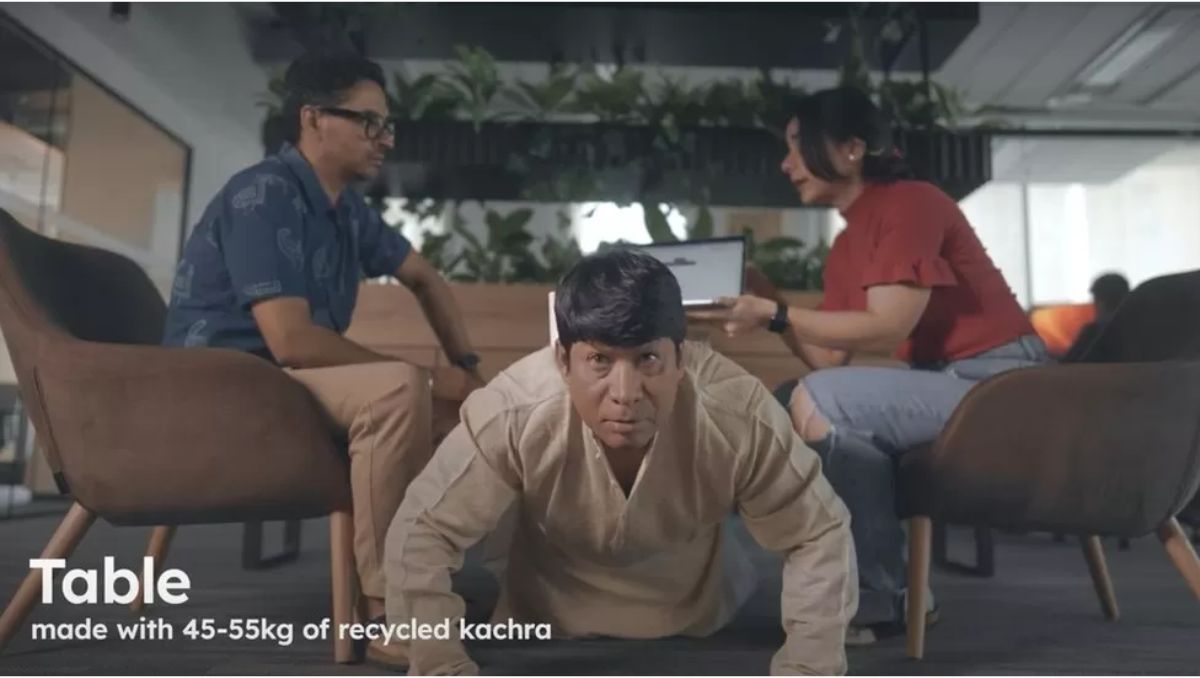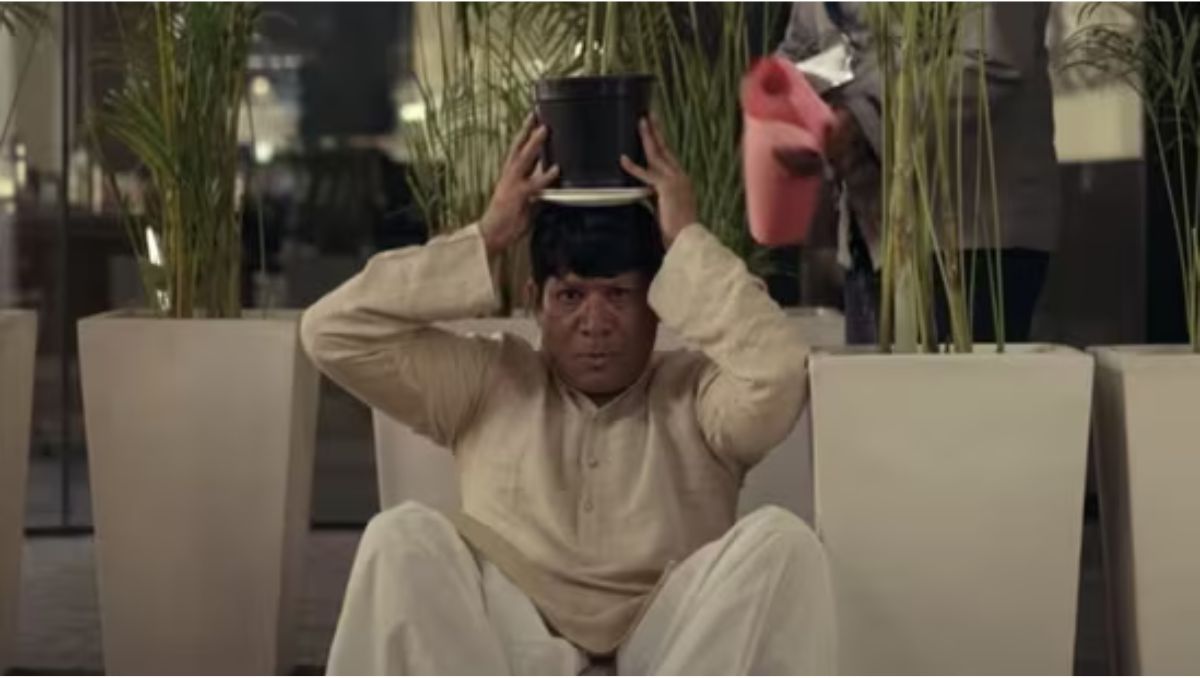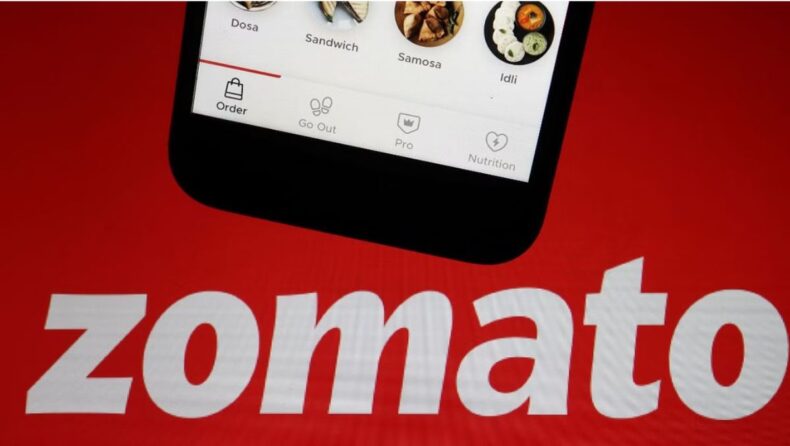Zomato removes an objectionable World Environment Day commercial with a Dalit person but is criticized for discrimination and receives boycott calls.
Table of Contents
On World Environment Day, Zomato launched an advertisement campaign to encourage hygiene and the recycling of plastic debris. In the 2001 Bollywood film Lagaan, actor Aditya Lakhia played a Dalit character named Kachra. This character appeared in a Zomato commercial that featured recycled materials drawing a connection between his character and the Hindi word for garbage (kachra).

The 2 min ad
Aditya Lakhia, who portrayed the role in the 2001 movie, nominated for Oscars, is represented as a lamp, paper, paperweight, watering can, and several sorts of jackets in almost a two-minute commercial, with the text explaining how much “kachra,” or recycled material can be used to create each item.
Kachra was a Dalit character who had polio in the blockbuster film “Lagaan,” based on a cricket match between the village people and Britishers to forego their taxes. Upper caste people in the movie directly rejected the notion of him playing in the cricket team because he was regarded as “untouchable” till Bhuvan, played by Aamir Khan, insisted on including him in the cricket team after noticing his spinning talents.
Kachra, though, was the one who ultimately played a significant role in the cricket game.
The business stated it had “recycled 20 million kg of plastic kachra so far” in its deleted YouTube advertisement. Zomato recycles so much of the plastic which is used in packing orders, preventing landfills. This 20 million kg of plastic waste recycling in FY-23 as part of our drive for 100% plastic-free deliveries, can be used to create a variety of products with enormous value. The description wrote, “We believe in the power of recycling, and ‘kachra’ – the best spinner in the entire British Raj – do as well.”

Criticism
The advertisement video titled “Zomato recycles Kachra feat. Kachra as Kachra,” aiming to highlight their measures to promote recycling, was called “disgusting,” “blatantly casteist,” and “extremely insensitive” by Twitter users. Bollywood directors like Neeraj Ghaywan and Madhurita Anand found it offensive and posted about it on Twitter.
The company apologized and explained that the campaign was to “spread awareness about the potential of plastic waste and benefits of recycling in a humorous way” as backlash increased and the ad was criticized for being casteist on social media. After apologizing for unintentionally hurting the sentiments of the people, Zomato took down the ad. However, regardless of that, #BoycottZomato again started trending on Twitter on Friday.
Aditya Lakhia speaks about the controversy.
Aditya Lakhia spoke in an interview that the advertisement was meant to spread a positive message about anti-plastic and recycling garbage promoted by Kachra.
Though it created a controversy taking another turn as it was perceived as casteist by the netizens and was ultimately banned. He didn’t anticipate it and said, “I mean it’s okay if Kachra promotes a soft drink but it’s not okay if he says no to plastic. There’s a thin line.” It’s banned toh it’s banned, what can we do? he said.
He added that he will now think twice before signing an ad as anything can backfire.

Previous backlashes faced by Zomato
It’s not the first time Zomato being trolled and targeted for its marketing campaigns.
An outdoor advertising campaign in 2017 featured the Hindi expletives “MC, BC” as abbreviations for mac ‘n’ cheese and butter chicken in cities like Delhi, Mumbai, and Bengaluru. After criticism on social media, the organization later pulled the advertisement.
The respected Mahakaleshwar temple’s priests in Madhya Pradesh objected, saying it hurt their Hindu beliefs, and they demanded its withdrawal. Later, Zomato apologized and made it clear that the reference to “Mahakal” was for a restaurant, not the temple.













